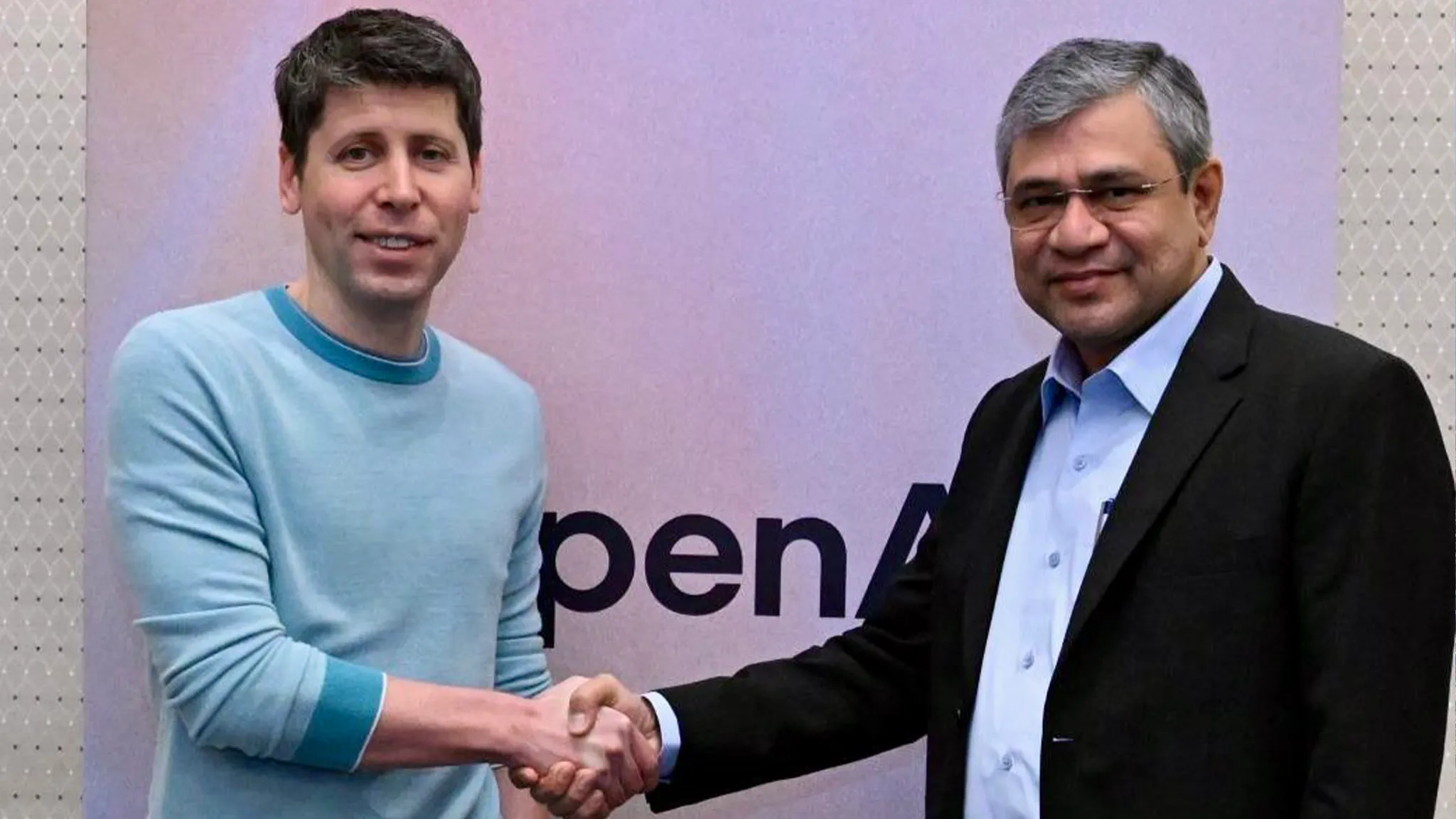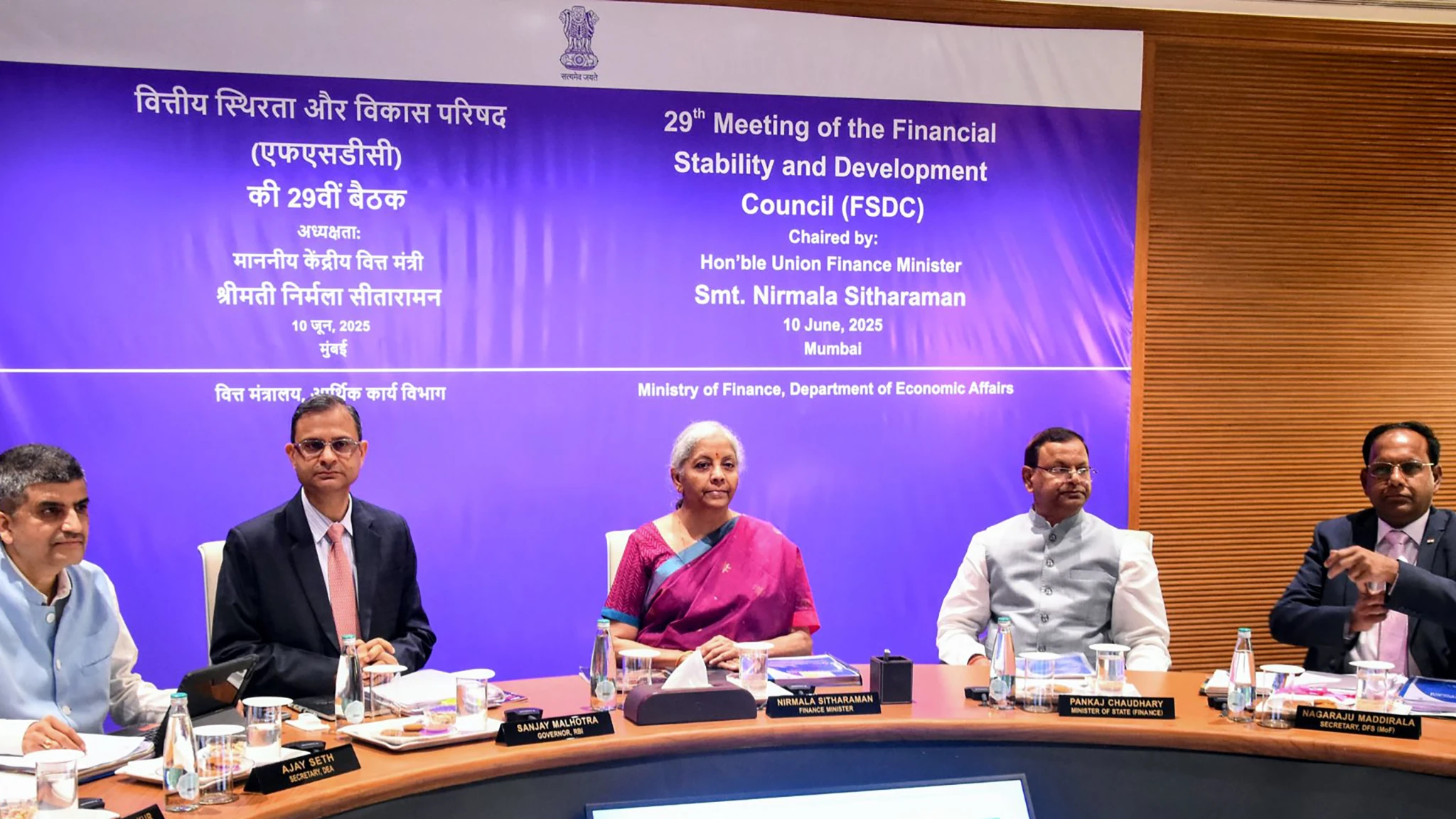The tech and finance sectors are buzzing with activity as a Chinese AI firm throws down the gauntlet in the artificial intelligence arena, while the Reserve Bank of India (RBI) is making strong moves to reinforce regulatory compliance within the financial sector. These developments signal a dynamic shift, indicating that established players must adapt to survive and thrive in this evolving environment.
AI Price Wars Ignite
The AI revolution, previously dominated by US giants, is witnessing a seismic shift. DeepSeek, a relatively unknown Chinese research lab, is challenging the status quo. While companies like OpenAI and Meta have garnered billions in funding and boast thousands of employees, DeepSeek has emerged as a formidable competitor with significantly fewer resources. This disparity highlights a remarkable efficiency, with DeepSeek offering its API at a fraction of the cost of OpenAI. Such aggressive pricing could democratise AI, making advanced capabilities accessible to a wider range of businesses, but it also signals a potential price war that could reshape the industry. Will this force established players to rethink their strategies and pricing models to maintain their dominance?
RBI Tightens P2P Leash
On the financial front, the RBI is intensifying its regulatory oversight of peer-to-peer (P2P) lending platforms. A detailed questionnaire sent to eight fintech companies signals a move towards stricter compliance and transparency. The RBI’s concerns range from adherence to the T+1 settlement timeline to ensuring that P2P platforms operate as true intermediaries, not as deposit-taking entities. This increased scrutiny follows revised guidelines issued last August, indicating the central bank’s commitment to safeguarding the financial system and protecting lenders and borrowers in the P2P space. The industry, with approximately 26 licensed players, must brace for tighter regulations and enhanced operational scrutiny.
Governance Woes at Aviom
Further underscoring the RBI’s proactive stance on governance, the central bank has superseded the board of directors of Aviom India Housing Finance. This decisive action comes in light of auditor concerns regarding potential discrepancies in accounts, allegations of fraud, and defaults in payment obligations. The RBI’s move to initiate insolvency proceedings against Aviom sends a strong message about zero tolerance for governance lapses within the financial sector. It also highlights the critical role of auditors and the prompt action the regulator is willing to take when governance and financial stability are at risk.
These concurrent developments in AI and finance reveal a landscape marked by both intense competition and heightened regulatory vigilance. While DeepSeek’s challenge promises to democratise AI and drive innovation, the RBI’s actions aim to ensure stability and trust in the financial system. For businesses and consumers alike, this means navigating a world of rapid technological advancement alongside an evolving regulatory framework designed to protect their interests. It’s a space to watch closely, as these forces will undoubtedly shape the future trajectory of both sectors.
Expect to see increased competition in the AI sector driving down prices and accelerating innovation, while P2P lending platforms will likely face stricter compliance requirements, potentially leading to consolidation and greater transparency. For the NBFC sector, the Aviom case serves as a stark reminder of the importance of robust governance and risk management practices.
Image Courtesy: X (Ashwini Vaishnaw)










Leave a Reply